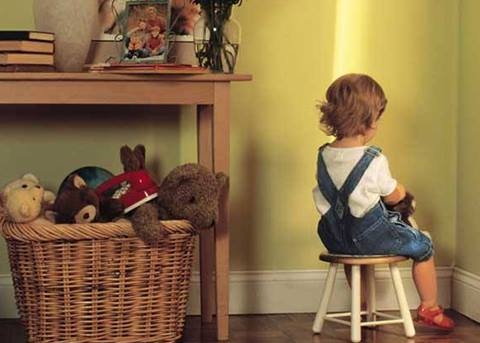Why loving, nurturing relationships are important ?
30/05/2016
-Ohana
-0 Bình luận
Children’s relationships shape the way they see the world. It’s through relationships that children learn more about their world – how to think, understand, communicate, behave, show emotions, develop social skills and move around.
Their most important early relationships are with you, other family members and their teachers at O’Hana.That’s because relationships let children express themselves – a cry, a laugh, a question – and get something back – a cuddle, a smile, an answer. What children ‘get back’ gives them very important information about what the world is like and how to act in the world.
And by communicating back and forth with children, you’re creating and sharing experiences together, which strengthens relationships and helps children learn more about the world at the same time.

Your relationships with others: It’s not just the relationship between you and your child that shapes his development. It’s also your relationships with others. Your child sees and copies how you behave and communicate with other people in your life – for example, your partner, family members, friends and teachers. This gives your child a ‘model’ of how to be and behave with others and how other people will behave in return. If your child sees and copies kind and respectful relationships, she’ll learn to act this way in her relationships with others.
Social beings: From the moment they’re born, babies are very social – they want to spend time with you and communicate with you. And how you respond helps them learn.By responding in a warm, loving and gentle way, you’re helping your child learn about communication, behaviour and emotions, as well as making him feel safe and secure, and promoting a strong relationship between you and him.When your child feels safe and attached to you – that is, when she knows you’re there to support, encourage and share new experiences with her – she’s likely to have the confidence to explore her world.
Exploring the world gives your child new experiences and challenges. Your child needs the stimulation of these experiences to learn how to move, think, communicate, react and socialise. The more experiences he has – knowing that you’re always there to support him – the more he grows and thrives, by building on the skills he already has.
Why play is important:Lots of time spent playing, talking, listening and interacting with you helps your child learn the skills he needs for life, like communicating, thinking, solving problems, moving and being with other people and children.But more than this, play is a great relationship builder. Spending time playing with your child sends a simple message – you are important to me. This message helps your child learn about who she is and where she fits in the world.
Benefits for life
Warm and loving interactions between you and your child prepare her well for things she’ll come across later in her life, like working through problems, dealing with stress and forming healthy relationships with other people in adolescence and adulthood.
Strong attachments and relationships early in life also mean your child is more likely to have better physical and mental health and fewer behaviour problems.
By building a warm, positive and responsive relationship with your child, you’re helping shape the adult he’ll become and giving him a strong foundation for the rest of his life.











